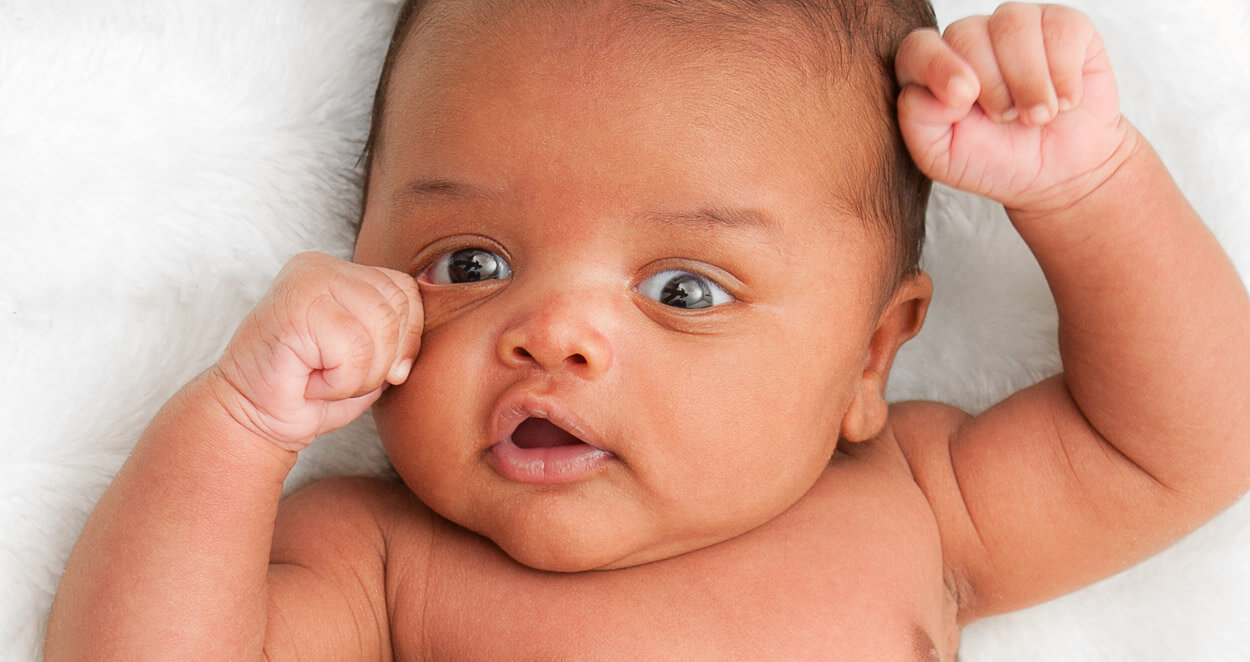Nappies and poo

16 Jan 2020
When expecting your baby, you knew there was going to be a lot of nappy-changing involved, but you probably didn’t expect to become so interested in your baby’s poop. This is not due to some crazy postnatal hormones – it’s simply because your baby’s poo can tell you a lot about your baby’s health.
Newborns and poo
Babies make poos of different colours, textures and… smells, but their very first poop is a pretty unusual yet important one. Your baby’s first poop is made up of a dark green-black substance called meconium. It’s very sticky so it takes a bit more effort to wipe away than usual. It may look like something that you need to be worried about but it’s to be expected in the first few days after your baby is born.
The early poos are often runny and babies tend to have to push hard to get them out. It is easy to assume that your little one has diarrhoea but it’s normal at this stage.
Breast-fed babies
Once the meconium is out of your baby’s system, the colour of your baby’s poos will gradually change into a more mustard-yellow and they’ll start to be more grainy and soft instead of sticky. These poos also don’t really have a strong smell – luckily.
Bottle-fed babies
If you are bottle-feeding your baby instead, you can still expect your baby’s poo to gradually become lighter and less sticky and take on a paler yellow or brown colour. Babies generally don’t digest formula as well as they do breastmilk so these poos are usually larger, thicker and a bit more offensive on the nappy changer’s nose.
Solid food poos
As your baby moves on to solid foods, their poos will become bigger and more solid – unfortunately, this is where they get really smelly too. The colour is sometimes dependant on what your baby eats but at this stage, you should be getting smaller versions of adult poos in the nappy.
What to look out for
Though most poos will look scarier than they are, there are some instances where a poo could indicate a problem:
- Green poo – this is very common in newborns, especially in bottle-fed babies, but in an older baby this could indicate an infection.
- Very light or pale poo – this is a common sign of jaundice in newborns. Before you get too alarmed, newborn jaundice usually clears up on its own. However, if it persists longer than two weeks, be sure to consult your doctor or paediatrician.
- Blood in poo – most times, this is a sign that your baby is struggling with constipation. Luckily this is an easy fix, but it is still advisable to contact your doctor just in case.
Diarrhoea – this one is sometimes tricky to decipher. It could simply be due to some force being used, or it could be a symptom of an allergy or infection. Diarrhoea is also a common symptom of a teething baby. See your doctor if your baby has loose, watery stools for 24 hours, or if the diarrhoea is accompanied by dehydration, vomiting, fever.